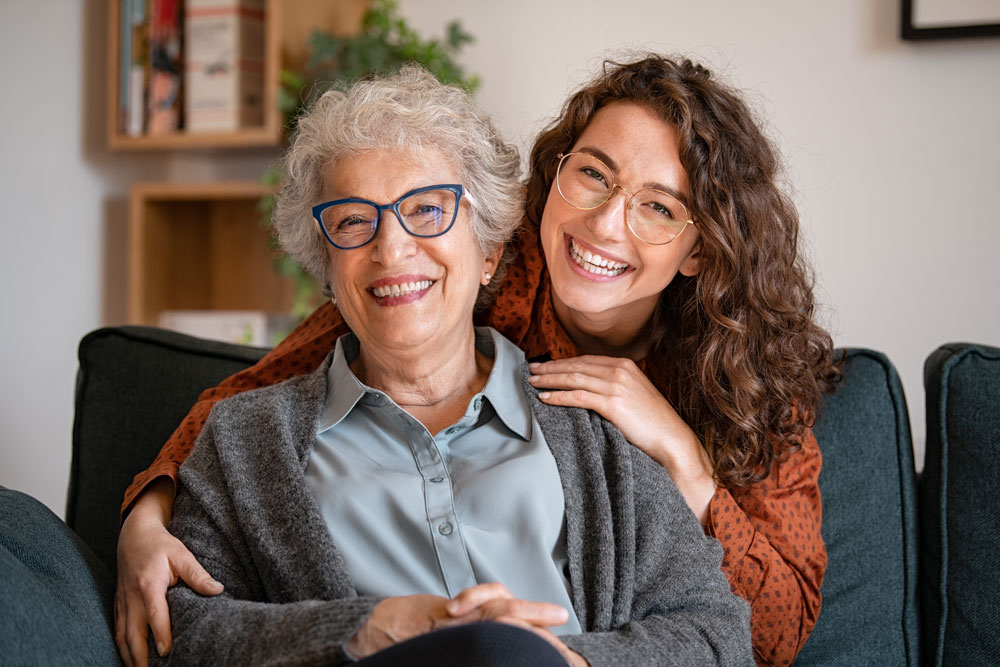
Low Vision Specialists: Empowering the Visually Impaired
Low vision is a significant impairment of sight that cannot be fully corrected with conventional methods like glasses, contact lenses, medication, or surgery. This condition often leads to a loss of visual field, light sensitivity, contrast, color vision, or results in image distortion. Causes range from genetic birth defects and injuries to aging and complications from diseases. For those affected, a low vision specialist can be a lifeline, helping to maximize the use of their remaining vision.
What is a Low Vision Specialist?
A low vision specialist is a licensed optometrist or ophthalmologist who has additional training in the examination and management of patients with visual impairments. These specialists focus on helping patients make the most of their residual vision, rather than curing the underlying cause of their low vision. By providing tailored rehabilitation plans and training on the use of assistive devices, low vision specialists enable patients to maintain independence and enhance their quality of life.
Testing and Examination by a Low Vision Specialist
A low vision examination is more comprehensive than a standard eye exam and typically takes about two hours. The key components of this examination include:
1. Patient History: The specialist will delve into the patient’s lifestyle, including hobbies, daily activities, educational background, current health status, and future goals. This helps in understanding the impact of vision loss on the patient’s life.
2. Vision Testing: This involves verifying current prescriptions and assessing the patient’s ability to see off-center (eccentric viewing), particularly useful for conditions like macular degeneration where central vision is lost.
3. Introduction to Low Vision Aids: The specialist will introduce various aids for both near and distance viewing, such as magnifiers, closed-circuit television systems (CCTVs), and independent living aids. They will determine which devices work best for the patient and provide training on their use.
4. Environmental Adaptations: Recommendations for modifications in the patient’s home and work environments to improve functionality and safety.
Types of Low Vision Aids
Optical Devices
Optical aids use lenses to magnify images, making objects appear larger and easier to see. Common devices include:
• Magnifying Reading Glasses: Enhance the size of text for easier reading.
• Stand Magnifiers: Provide stable, hands-free magnification.
• Hand-Held Magnifiers: Portable and convenient for quick use.
• Pocket-Sized Telescopes: Allow for distance viewing.
Non-Optical Devices
These aids do not use lenses but instead enhance lighting, improve contrast, or enlarge print to make items easier to see:
• High-Intensity Lamps: Provide focused lighting for reading and tasks.
• Large-Print Materials: Books, newspapers, and other reading materials with larger text.
• Electronic Video Magnifiers: Magnify and display text on a screen.
• Electronic Tablets: Adjustable screen settings to improve readability.
Adaptive Devices
Adaptive aids are designed to help with everyday tasks:
• Large-Print Books and Devices: Books, playing cards, checks, and more with enlarged text.
• Writing and Signing Guides: Highlight specific areas for easier use.
• Large-Numbered Devices: Telephones, thermostats, and remote controls with large numbers.
• Talking Devices: Watches, timers, books, and medical devices that provide audio feedback.
• Bold-Tipped Markers: For writing easily readable notes and lists.
Benefits of Visiting a Low Vision Specialist
Low vision specialists play a crucial role in improving the quality of life for individuals with visual impairments. By creating personalized rehabilitation plans and training patients in the use of assistive devices, they help maintain independence and daily functioning. Additionally, specialists provide essential psychosocial support, helping patients cope with the emotional impact of vision loss.
Finding a Low Vision Specialist
To find a qualified low vision specialist, consider asking for referrals from your primary care provider or using online directories from reputable organizations such as the International Academy of Low Vision Specialists, the American Optometric Association, or the American Academy of Ophthalmology. When preparing for an appointment, bring any questions you have and consider bringing a friend or family member for support.
